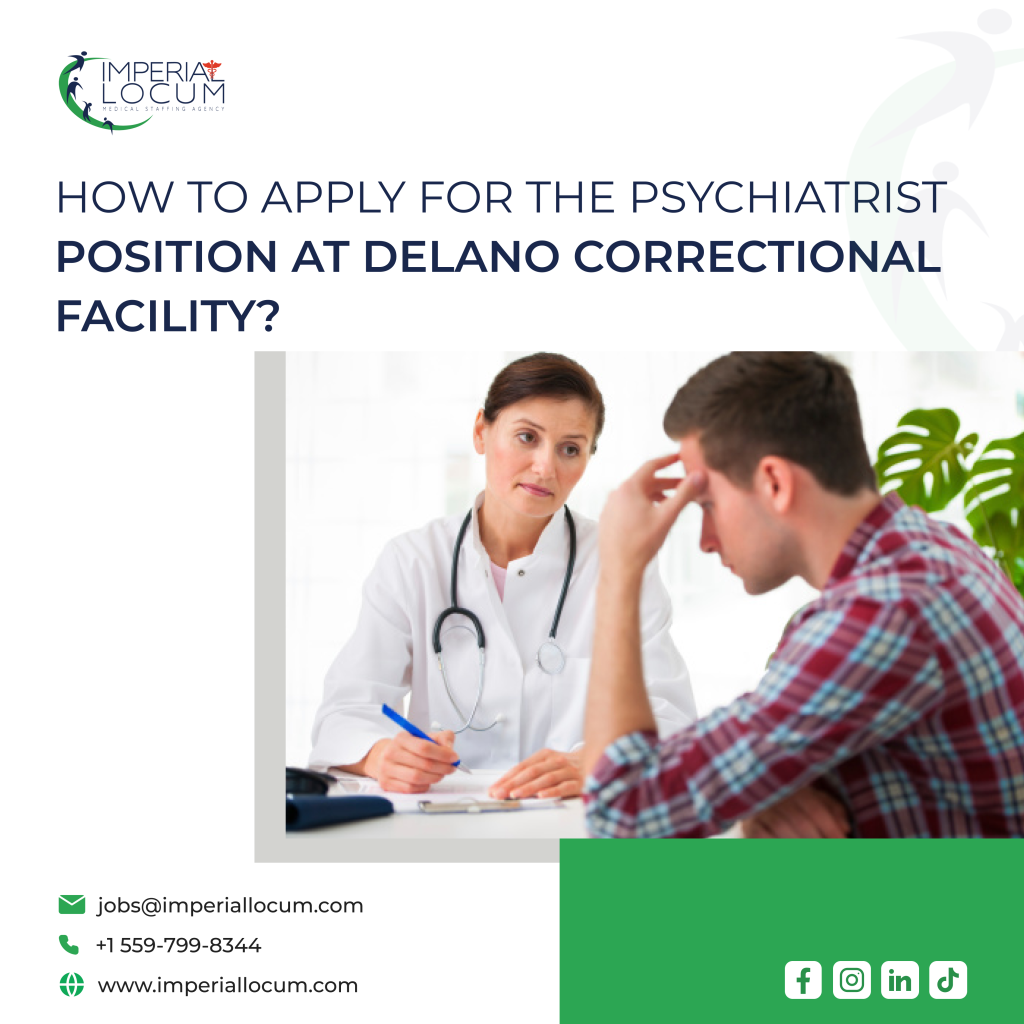The Medscape Physician Lifestyle and Happiness Report examines the elements every year that influence the happiness and well-being of physicians. Additionally, Medscape’s 2023 National Physician Burnout and Depression Report delves into the extent and causes of frustration, sadness, and burnout among healthcare professionals nationwide. Therefore, Imperial Locum suggests Ways to Enhance Physician Well-being which is based on the insights provided by these reports.
Post-pandemic physicians’ happiness remains low
Imperial Locum is currently experiencing an era heavily impacted by the COVID-19 pandemic. Therefore, physicians’ health and well-being are frequently compared to pre-pandemic standards. According to the latest surveys, physicians haven’t reached their pre-pandemic levels of health and happiness yet.
According to the 2023 report, there has been a significant decrease in overall happiness levels both outside of work and in the workplace. Before the pandemic, 81% of respondents reported feeling happy or somewhat happy outside of work, but this figure dropped to just 59% in 2023. Similarly, at-work happiness declined from 75% pre-COVID to a concerning 48% in 2023.
One potential reason might be that Psychiatrists cannot work remotely. But another survey found that 43% of American workers reported a better work-life balance during and after the pandemic, thanks to the opportunity to work from home.
Physicians still face high rates of burnout
Emergency and internal medicine are two specialties that have been particularly impacted by burnout during the pandemic era, with rates reaching 65% and 60%, respectively. Furthermore, female physicians are facing a higher burden of burnout, with 63% reporting symptoms compared to 46% of male physicians.
Those working in outpatient clinics or office-based, multispecialty group practices reported the highest burnout rates (57%), whereas solo practitioners reported the lowest (43%), partly due to the increased sovereignty associated with self-employment.
Components of physician burnout
The primary contributors to workplace burnout include:
- An excess of bureaucratic tasks (61%)
- Lacking respect from colleagues (38%)
- Excessive work hours (37%)
When asked about the most beneficial workplace measures to combat burnout, the majority of responses emphasized the significance of increased compensation (45%), a more manageable work schedule (44%), additional support staff (37%), and enhanced respect from both superiors and coworkers (36%).
5 Best Ways to Enhance Physician Well-being
Even though the surveys show that they aren’t very happy, healthcare organizations can do things to help them feel better and less stressed at work. Here are five ways you can do that:
Minimize the Administrative Workload
Physicians face additional administrative burdens on top of their already demanding schedules, which reduce the time they can spend directly caring for patients. Recent research published in JAMA Internal Medicine reveals that they dedicate nearly two hours per day beyond their regular work hours to complete electronic health record (EHR) documentation. If you want to simplify some of these administrative tasks, when feasible, could allow psychiatrists to prioritize patient care and find greater satisfaction in their professional roles.
Foster a Better Work-life Balance
According to the Medscape report, the main tactics physicians use to deal with burnout include engaging in exercise (50%), dedicating time to family and friends (45%), and prioritizing rest (41%). It shows how important it is for them to balance work and life to feel better and less stressed. Interestingly, a majority of surveyed physicians (53%) indicated they would be willing to accept lower pay in exchange for improved work-life balance, a figure that peaked during the height of the pandemic and exceeds the average preference among U.S. workers.
Prioritize Respect and Recognition at Workplace
The Physician Happiness Survey revealed that only 34% of physicians believe they receive adequate appreciation for their efforts. If you implement formal recognition programs and encourage informal gestures of gratitude, it can significantly boost morale and foster a greater sense of appreciation among psychiatrists for their valuable contributions.
Improve Workplace Culture
Cultivating genuine friendships and mentor relationships within the workplace can significantly enhance the happiness of physicians. According to a 2021 Physician Happiness Survey carried out by Imperial Locum and the American Academy of Family Physicians (AAFP), respondents emphasized that interpersonal connections, above all other job factors, played a pivotal role in their happiness. Notably, among psychiatrists who indicated having numerous friends at work, 70% also expressed high levels of life satisfaction.
Empower Greater Freedom and Liberty
In a survey, 31% of physicians noted that their feelings of burnout were influenced by a sense of insufficient control. If you provide them freedom and autonomy within their work environment, it can foster a greater sense of empowerment, self-drive, and active engagement in their duties.
By understanding what influences physician happiness and well-being, and by creating a workplace environment that addresses these factors, healthcare facilities can boost physician retention while fostering greater happiness and fulfillment in their careers for their employees.

